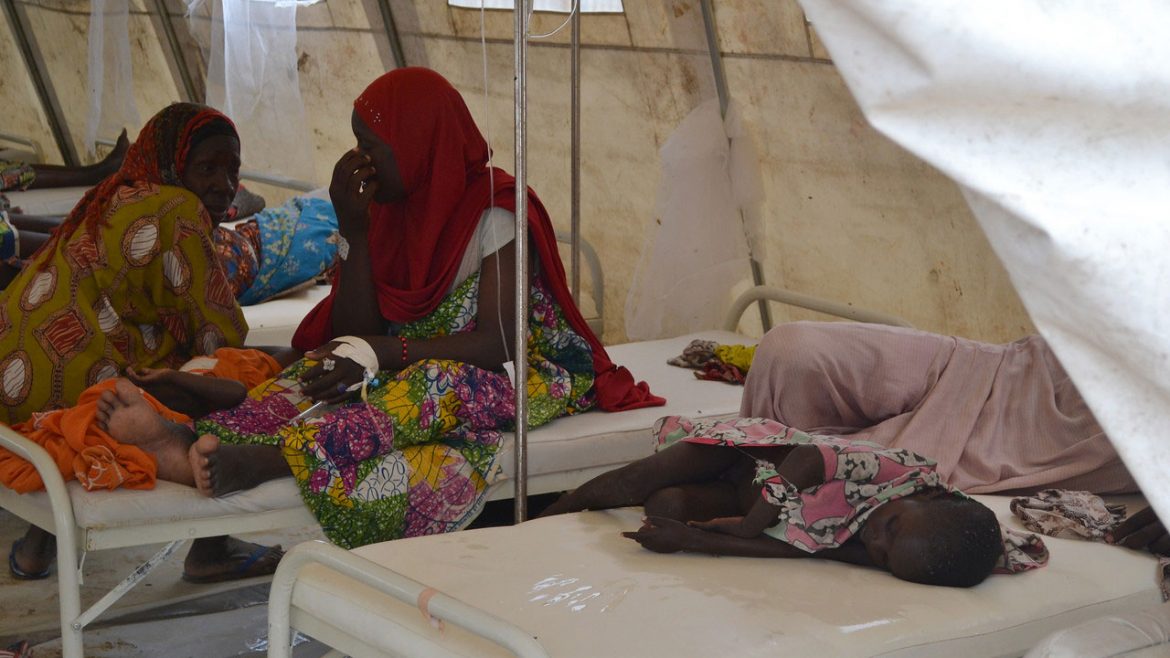The World Health Organization (WHO) has said that climate change is responsible for an unprecedented surge in the number of cholera outbreaks around the world this year.
According to reports, at least 30 countries have experienced outbreaks of cholera this year, about a third higher than usual.
According to WHO’s team leader for cholera and epidemic diarrheal diseases, Philippe Barboza, most of the large cholera outbreaks have coincided with adverse climate events and have been visibly and directly affected by them.
The La Nina climate phenomenon is expected to continue through the end of this year, according to the World Meteorological Organization. It is anticipated that the pattern, which cools the ocean’s surface waters, would last long until 2023. As a result, there will be more cyclones, flooding, and lengthy droughts.
Read also: COP15: UN official says countries must overcome ‘trust deficit,’
Health officials warn that during the next six months, significant cholera epidemics are expected to persist and spread to new places. Barboza said that preventing disease outbreaks will be a challenge.
He said that due to a global vaccination shortage, the WHO was compelled to temporarily suspend its two-dose policy and adopt a single-dose method. This makes it possible to immunize a lot more individuals against cholera. He, however, noted that it reduces the duration of protection against infection.
According to Barboza, it is hard to determine the precise number of cholera cases and fatalities worldwide due to a lack of data. However, he pointed out that information from at least 14 nations shows that the average fatality rate is more than 1%. In severely affected Haiti, he noted that the cholera fatality rate is roughly 2%.
Story was adapted from VOA.
